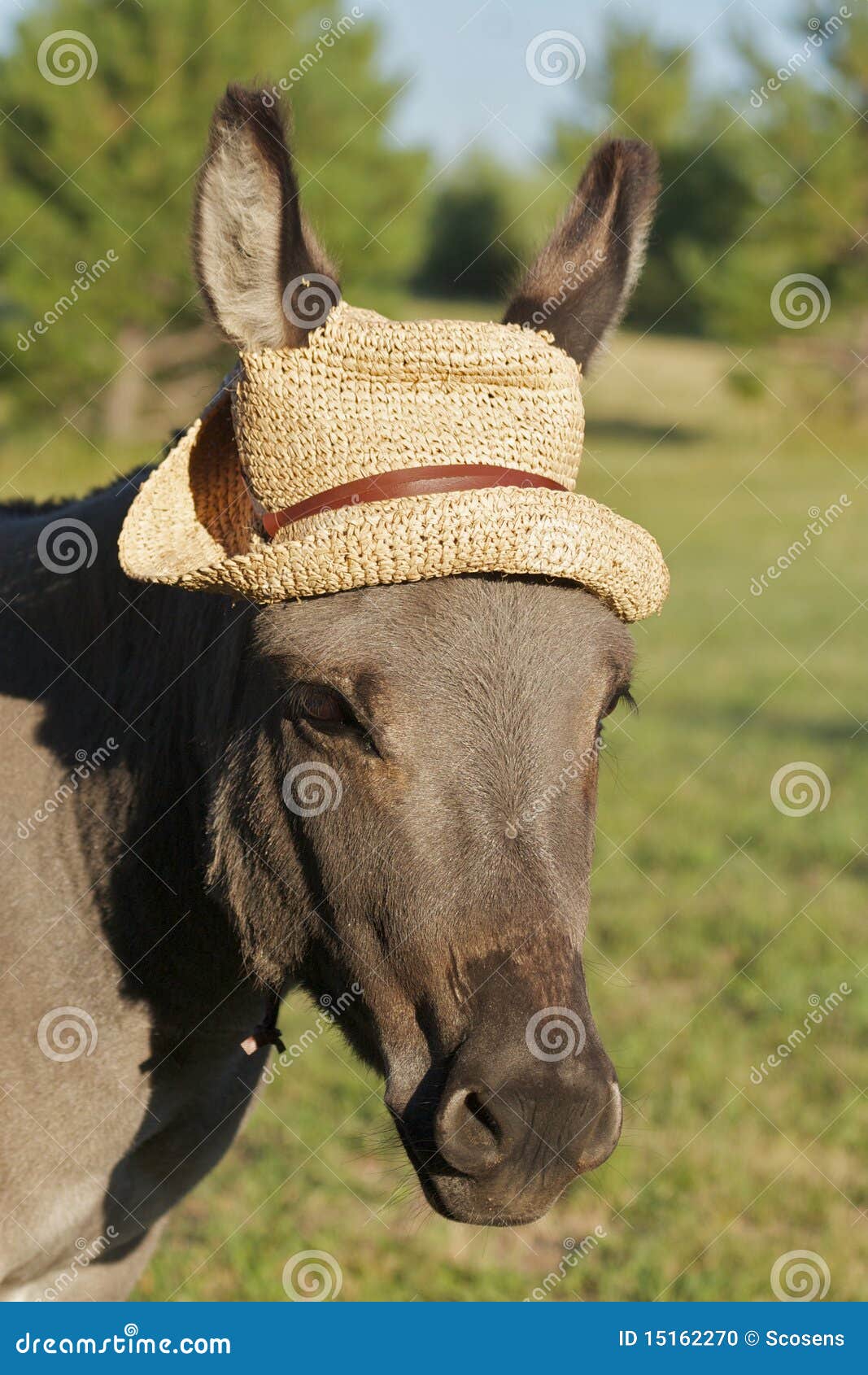- Thread starter
- #121
The way I see things, there is a place "Sheol" that has different sections to it. Some are tormented and some are not. Paradise is one of those places. When Jesus died on the cross, He told one of the thieves that he would be with Him before the sun has set in paradise. Yet Jesus did not ascend to Heaven until after he rose from the dead three days later. So Paradise is definitely in Sheol and not in heaven.

However, studying what Jesus said about a rich man and a poor man named Lazarus in Luke 16:19-31, we learn that while both the Lazarus and the rich man were in sheol, Abraham noted this:If I had a friend over and he was in the living room watching TV and I was in the kitchen and his wife called me (maybe his cell phone doesnt work) and she asked me if he was with me, I would say "yes. He was over here with me." Even though we were in different sections of the house. I tend to wonder if this could be the same thing with Saul and Samuel. When Samuel said "Tomorrow you and your sons will be with me", could this not be "Sheol" in general and not be specific to which section of Sheol? He never specifies that Saul will be in Paradise with him. So in a sense, I do see this as just telling him he would be dying tomorrow because everyone went to Sheol then and Sheol is mentioned several times in the Bible without specifying the different sections like Paradise.
24 So he (the rich man) called to him, ‘Father Abraham, have pity on me and send Lazarus to dip the tip of his finger in water and cool my tongue, because I am in agony in this fire.’
25 “But Abraham replied, ‘Son, remember that in your lifetime you received your good things, while Lazarus received bad things, but now he is comforted here and you are in agony.
26 And besides all this, between us and you a great chasm has been set in place, so that those who want to go from here to you cannot, nor can anyone cross over from there to us.’
From this, it doesn't seem likely that Samuel was being so general, even given you example.
Further, Scripture makes this comment in 1 Samuel 10-
5 “After that you will go to Gibeah of God, where there is a Philistine outpost. As you approach the town, you will meet a procession of prophets coming down from the high place with lyres, timbrels, pipes and harps being played before them, and they will be prophesying.
6 The Spirit of the LORD will come powerfully upon you, and you will prophesy with them; and you will be changed into a different person.
7 Once these signs are fulfilled, do whatever your hand finds to do, for God is with you.
9 As Saul turned to leave Samuel, God changed Saul’s heart, and all these signs were fulfilled that day.
10 When he and his servant arrived at Gibeah, a procession of prophets met him; the Spirit of God came powerfully upon him, and he joined in their prophesying.
11 When all those who had formerly known him saw him prophesying with the prophets, they asked each other, “What is this that has happened to the son of Kish? Is Saul also among the prophets?”
12 A man who lived there answered, “And who is their father?” So it became a saying: “Is Saul also among the prophets?”
13 After Saul stopped prophesying, he went to the high place.
From all this, I conclude that Saul was a believer.





